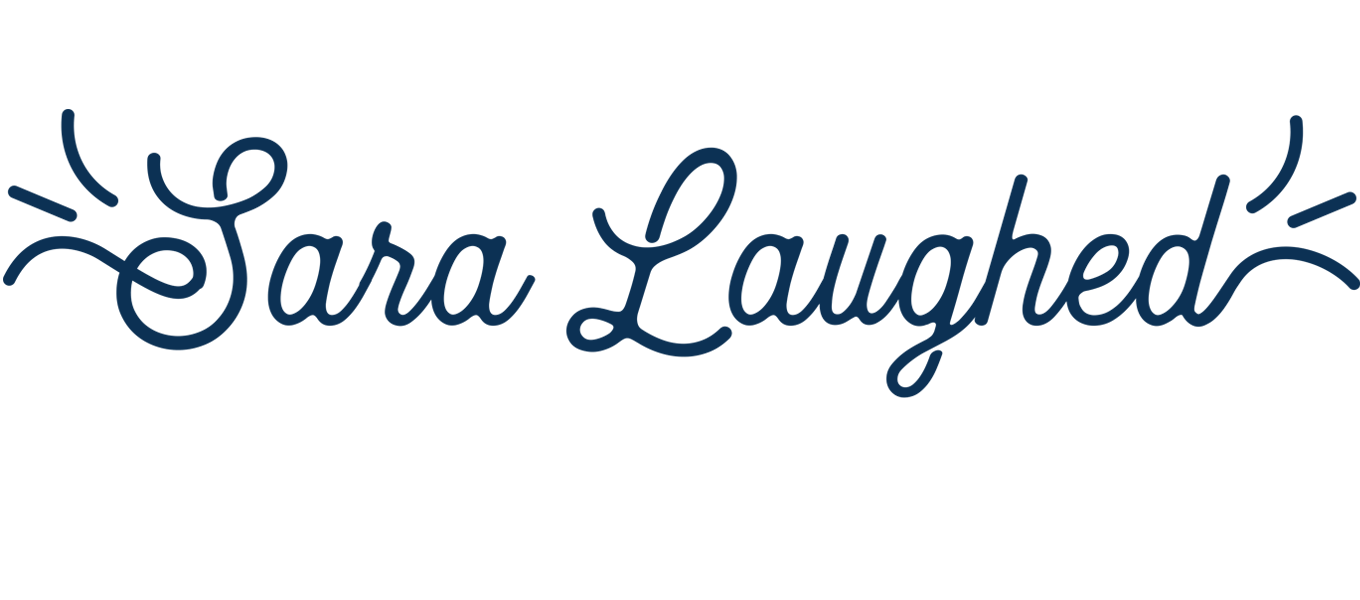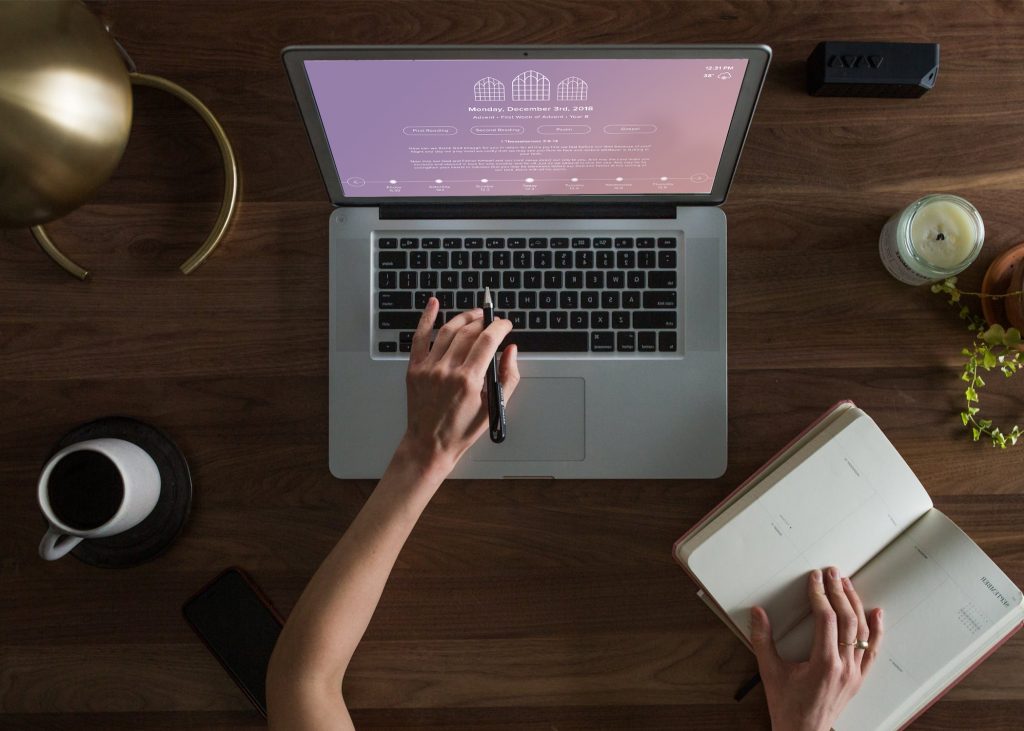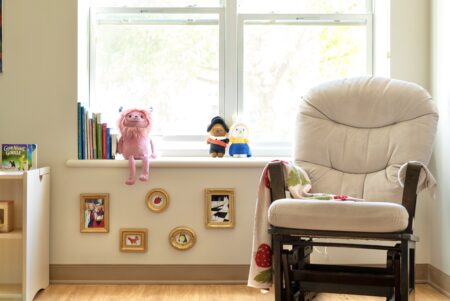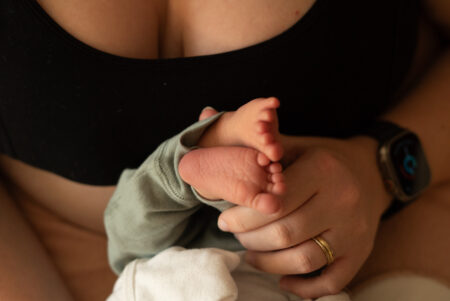It’s a tradition at my old high school to print every senior’s next destination in the school newspaper. The last issue each school year, published just before graduating students put on their polyester gowns and start the next adventure, dedicates a two-page spread to the colleges, technical schools, and jobs that seniors are moving on to. This was how I found out that Angie, a girl in my English class, was going to MIT to study computer science.
I was shocked. I had thought that Angie was a humanities girl like me. Now it turned out she was something totally different: one of those incomprehensible people who could make magic out of wires, numbers, and bits of code. She must have been blessed with skills I didn’t have, and with a brain that worked very differently than mine.
After all, I could never, ever be a programmer.
It took me seven years to reimagine that story. At seventeen years old, I didn’t know what a programmer looked like, and so I didn’t know that a programmer could look like me. I didn’t realize that the ability to build websites or applications could be learned, and that my brain, too, could learn to make magic from bits of code. But it can.
In 2017, I started learning to code. I hadn’t expected to fall in love — after all, I was the creative type, with a degree in Religion and several years of freelance writing under my belt. But in the year that I’ve dedicated to becoming a programmer myself, I’ve discovered a true passion for programming and the web, which allows me to write, create, and problem-solve in new ways that I never imagined before. And because of my unique background, the way that I view programming is also unique.
There are two aspects of programming that most excite me, which I could talk about for hours. The first is the power of creating with code. I’m a creative at heart — I bake my own bread, sew my own dresses, and once knit my parter four hats and a scarf for Christmas. I’m almost compulsive in how I make things, but I didn’t know the endlessness of creative possibility until I learned to code. Everything else that I make requires resources: bread needs flour, dresses need fabric, knitting those hats required a whole basketful of yarn. In some sense, those things are not creation, but a reassembly of materials. But code is true creativity, almost astounding in its ability to make something out of nothing. You can build mountains and cathedrals through nothing but thought and effort, characters and keystrokes. Before I became a programmer, my background in writing had let me construct worlds for the fictional characters who inhabited them; now, code lets me build programs that real people can interact with, use, and benefit from. I first realized this when building the Chrome extension Compliment Dash, a simple dashboard that keeps a to do list, greets the user by name, and offers them a unique compliment. The extension only has about 65 users, but building it opened my eyes to the fact that, unlike a loaf of bread or a hand-knit scarf, my web projects can be used and accessed by virtually infinite users. There is no limit on how many people the internet can touch.
This brings me to the second aspect of web development that I’m passionate about. I love the web because of the way it makes information accessible to anyone. Students around the United States and the globe, who may not have access to certain educational resources, can have a world opened to them through a single computer. This is especially personal to me because of how I’ve seen education transform the story of my own family. My grandmother was prevented from going to high school so she could work to earn money for her family; two generations later, I have the privilege of a college education and have learned to program online, each of which have opened professional and personal opportunities to me that were never available to her. The web makes these stories more possible than ever, and because of that, one of my greatest passions in programming is accessibility. I want the programs and resources that I create, and that are created by the people around me, to be accessible and available to everyone — regardless of disability, education level, or circumstance. I believe that everyone deserves access to information, education, and resources.
With this in mind, my primary goal in the coming year is delving deeper into understanding accessibility and how to make my own projects more accessible. In the past year, my primary code projects have been multiple websites for freelance clients, as well as several Chrome extensions that I coded in vanilla JavaScript. These projects meet the minimum requirements for accessibility, but I want to develop a richer and stronger understanding of how to build accessible programs and applications. My second major goal for the coming yeaer is to write more on the areas of programming and the web. I’ve already begun this by writing a few articles about programming my blog, as well as a tutorial for the publication JavaScript in Plain English. I plan to continue to develop this platform with more articles on web-related topics, with a special eye towards accessibility and encouraging others to learn to code as I have.
The web has transformed my life, my sense of self, and my goals for the future. I once saw myself as Angie’s opposite: ‘just a humanities girl,’ too creatively-inclined to learn to code, let alone contribute to the world of programming. But the internet equipped me with the resources to break out of the boundaries I set for myself, to create things that can touch more people than I could have once imagined, and to encourage others to do the same. My technical understanding is far richer than it was when I was seventeen — but for all its given me and all I hope to do with it, some part of me looks at what those numbers and bits of code can do, and still sees magic.





